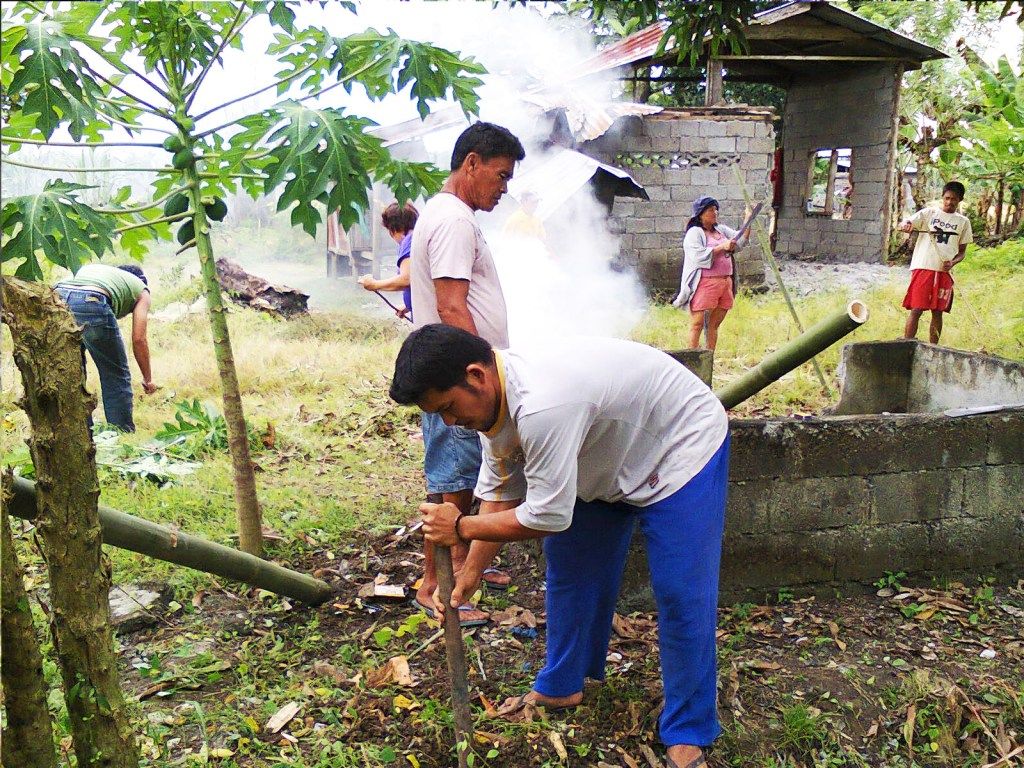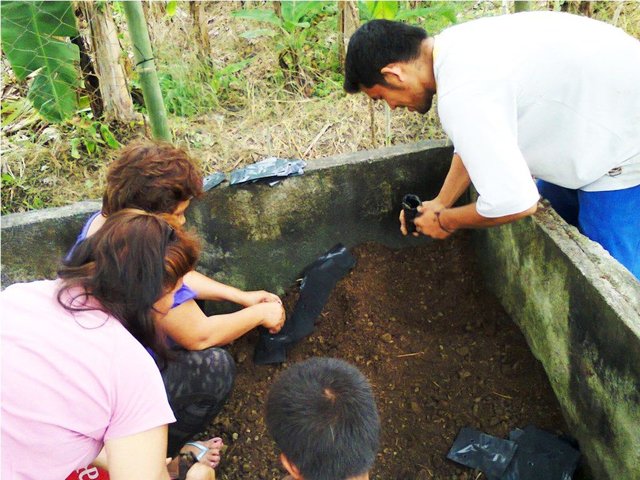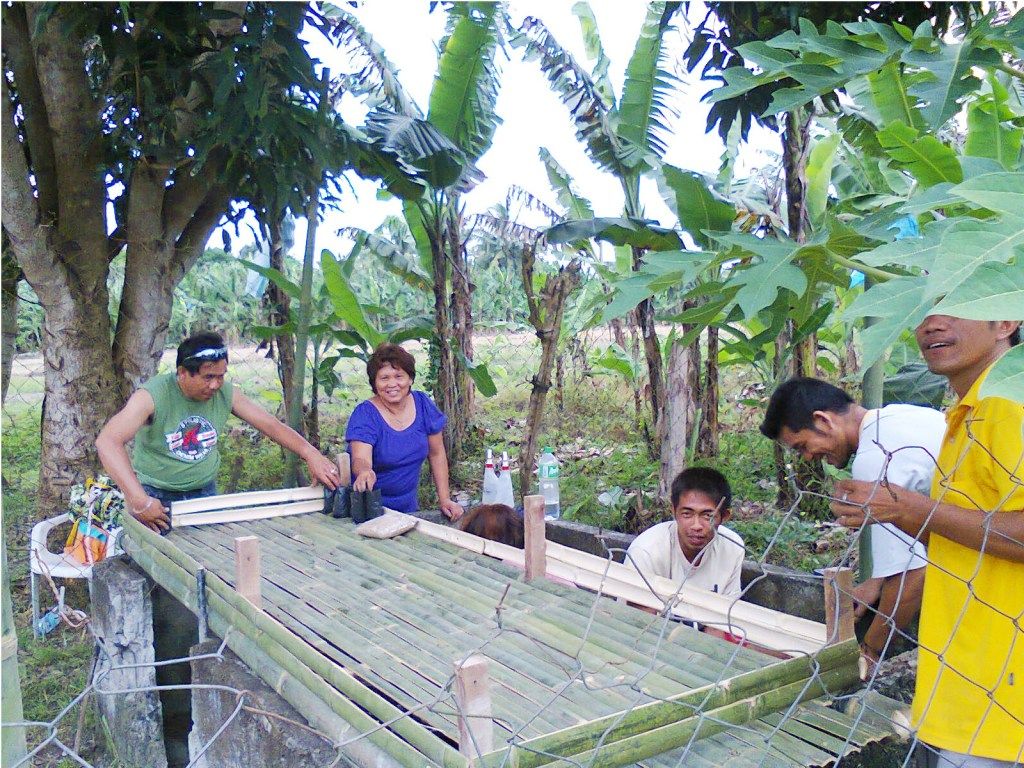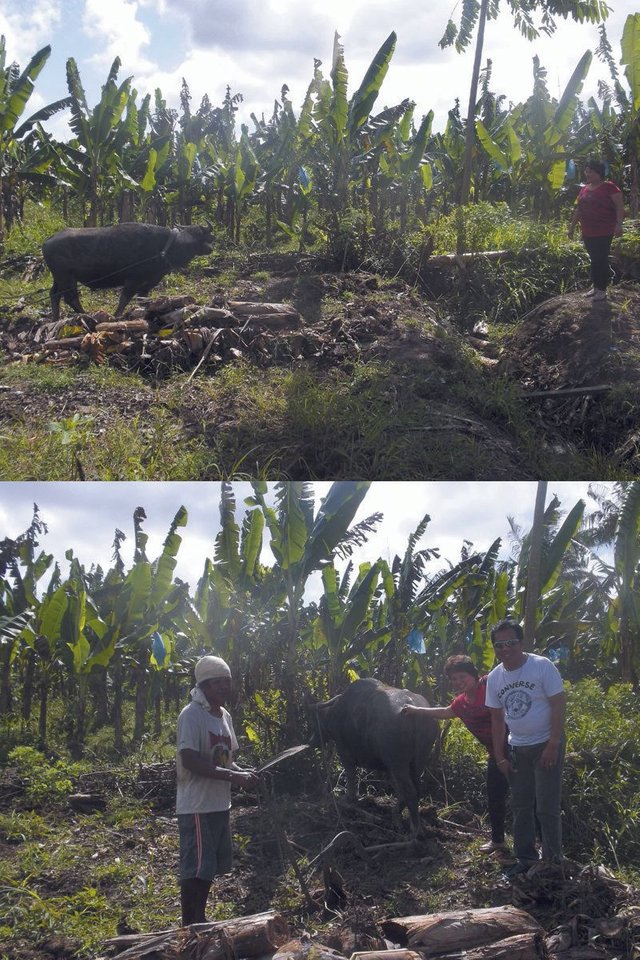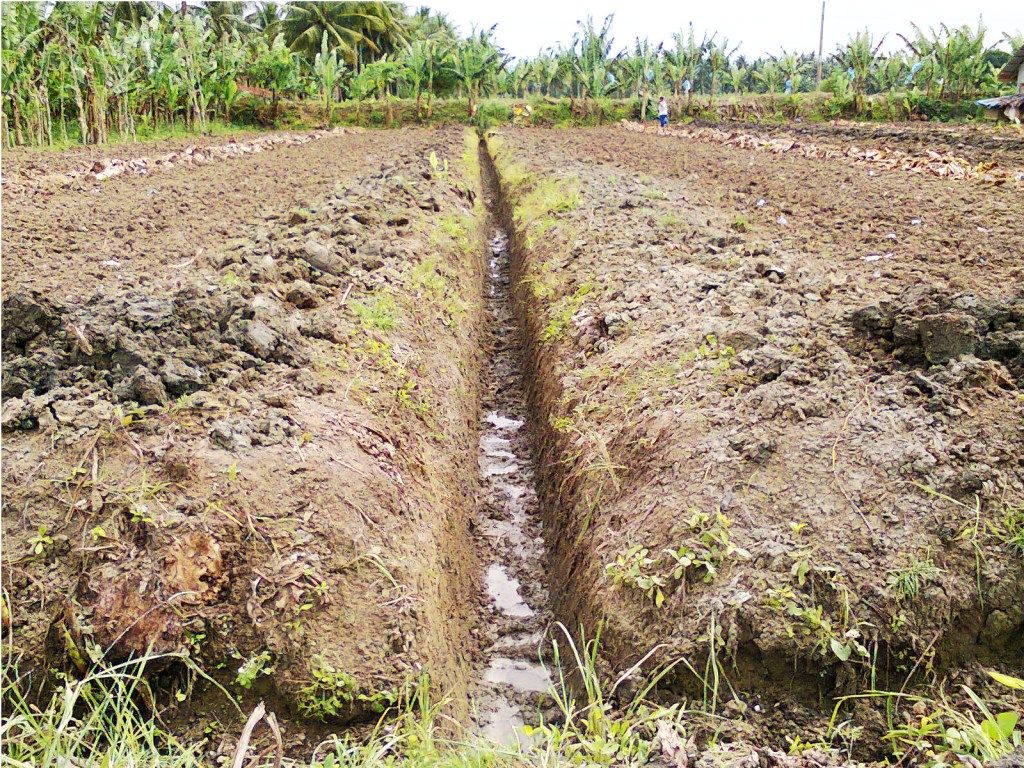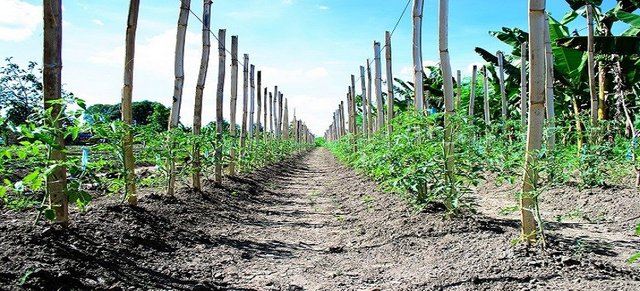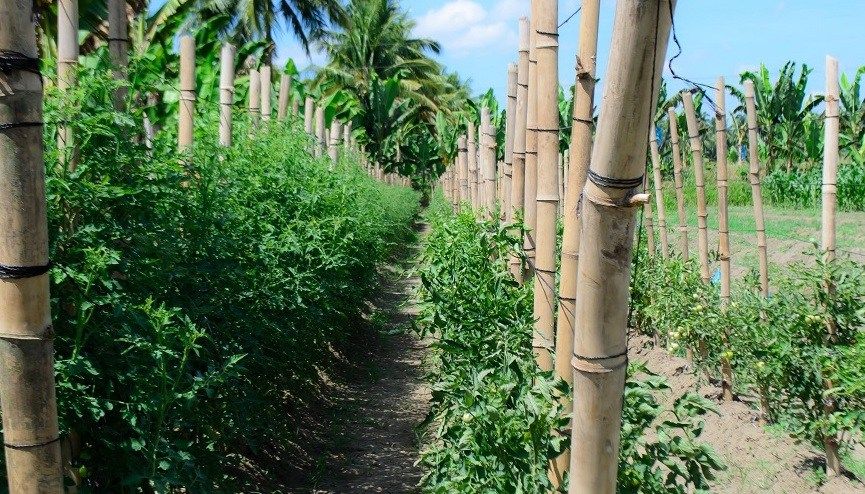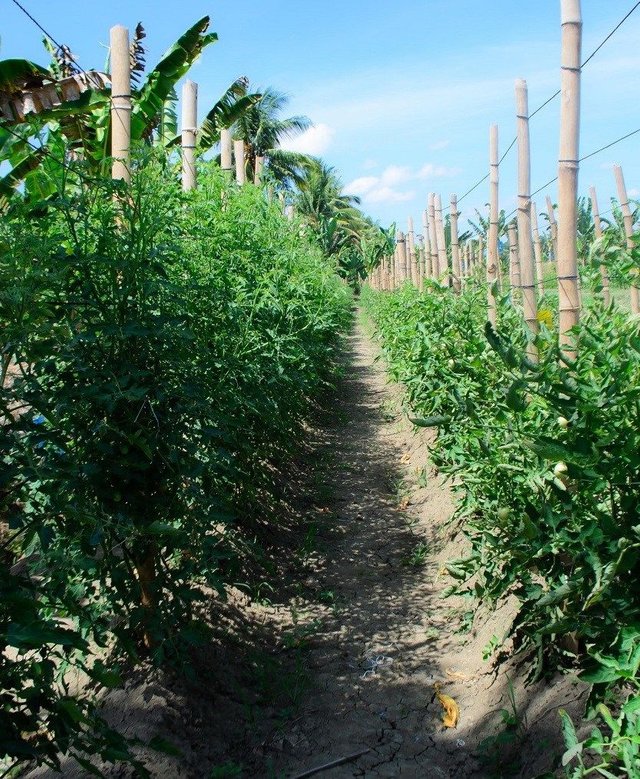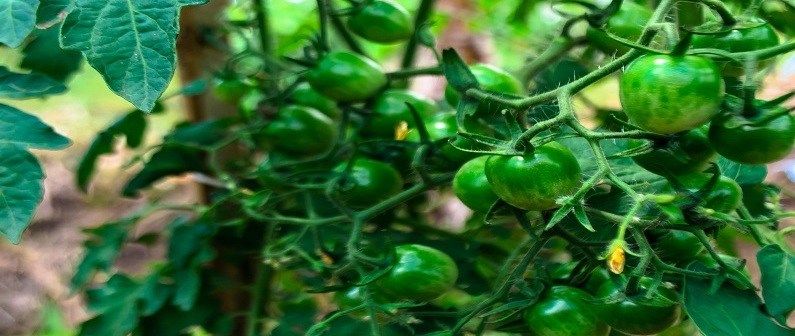Philippine Small Farmer & Tomatoes
Fresh Markets and Tomatoes
For one of the Peed Bros Farms & Trading Corp projects, we set a small farmer-owned hectare area to produce tomatoes for selling at the fresh local market. It was a great learning experience using natively grown products for the trellis system.
As many may know it is common for the average Filipino to own a couple of hectares at the most. Many of the farmers with this small section of land will make a living from this little paddock while raising a family. Making the most out of locally grown supplies for development helps them to control their costs and have some small profit from this type of projects. Maximizing the use of this little section of land is imperative to their livelihood.
So starts the tomato project
Identifying a product that sells at the market, low development costs, minimal input costs, and significant demand for the product with a good price point was our criteria for picking the vegetable that was a fit for the farmer to start the project. Hence the cherry tomato project began the first stage of the project.
Quality seed is not so easy to find in some of the countries struggling to improve their agriculture. After a few weeks of research, some quality seed was located and planting commenced.
Setting up the nursery
To begin with, we found an old concrete pen, transformed it into a small nursery for the tomato seedlings, which made it a perfect spot. A double benefit was that the rubble concrete could also be utilized as mulch and composting containment area. Seedlings thrived in this small makeshift nursery area.
Bamboo makes a good use in almost any area of the farm. But it was unknown to the start-up of the project how useful the locally produced bamboo was going to be. Envisioning standard steel fences and trellis purchased at a local store at first we quickly realized there was going to be some significant savings and uses with the bamboo.
Locating nearby vegetative refuse was ideal for creating a good mulch and compost mixture. Utilizing local vegetation found nearby was a cost saving for the start-up costs. Filipino’s are very skillful in using natural resources for about any part of a project. The small farmer has had to learn to live off the land while locating products that enhance the growth of their crops. In many instances, there are natural products that make better composts and fertilizers instead of purchasing them from a supplier.
Field Preparation
Stepping away from the large 100 – 200-hectare fields we are used to with modern GPS technology, trak tractors, and high clearance sprayers to a short 1-hectare field was a significant change. Carabao was the primary way for the small farmer in this area to prepare the soils.
Before plowing the fields with the Carabao, the farmer manually applied the mulch and compost mix we had prepared.
Previously this small hectare of land was planted with the native Lakatan banana. Maintaining and fertilizing the bananas can be a challenge for the local farmer with such a small paddock of land and financing available.
Tomato Trellis and Harvest
The final layout and design looked good. It was convenient for de-weeding, nutrient management, and harvesting. The crop was successful and readily marketable at the fresh market. Another successful project for our group and a good source of income for the farmer and their family.
Projects like this are educational and enjoyable for all involved. Seeing how the small farmer uses the natural resources available to them is an education in itself for those with large farms mass producing crops.
Peed Bros Farms & Trading Company is managed and owned by Agricultural Holdings International, LLC located in Fort Dodge, IA with projects located in Philippines, Russia and, Ukraine. For more information on our past and current projects please use our contact us page.
